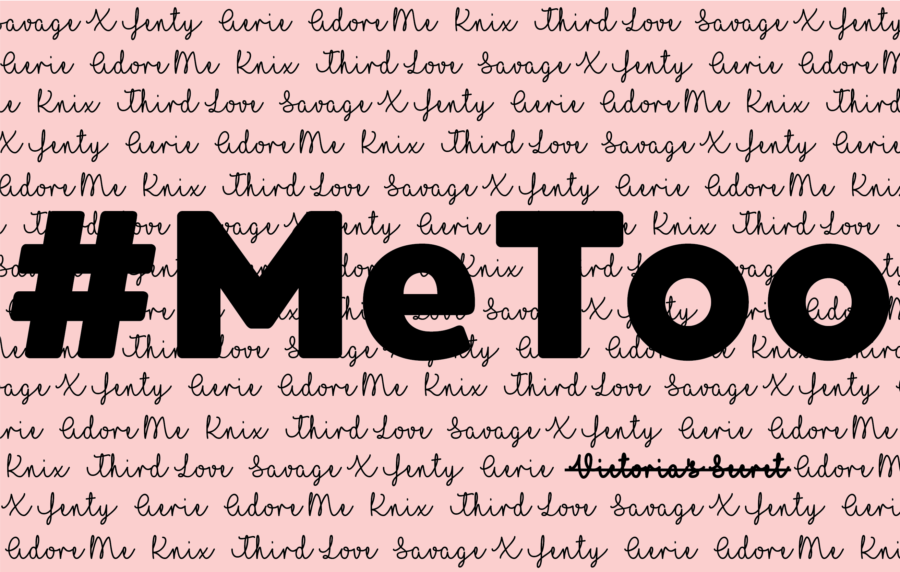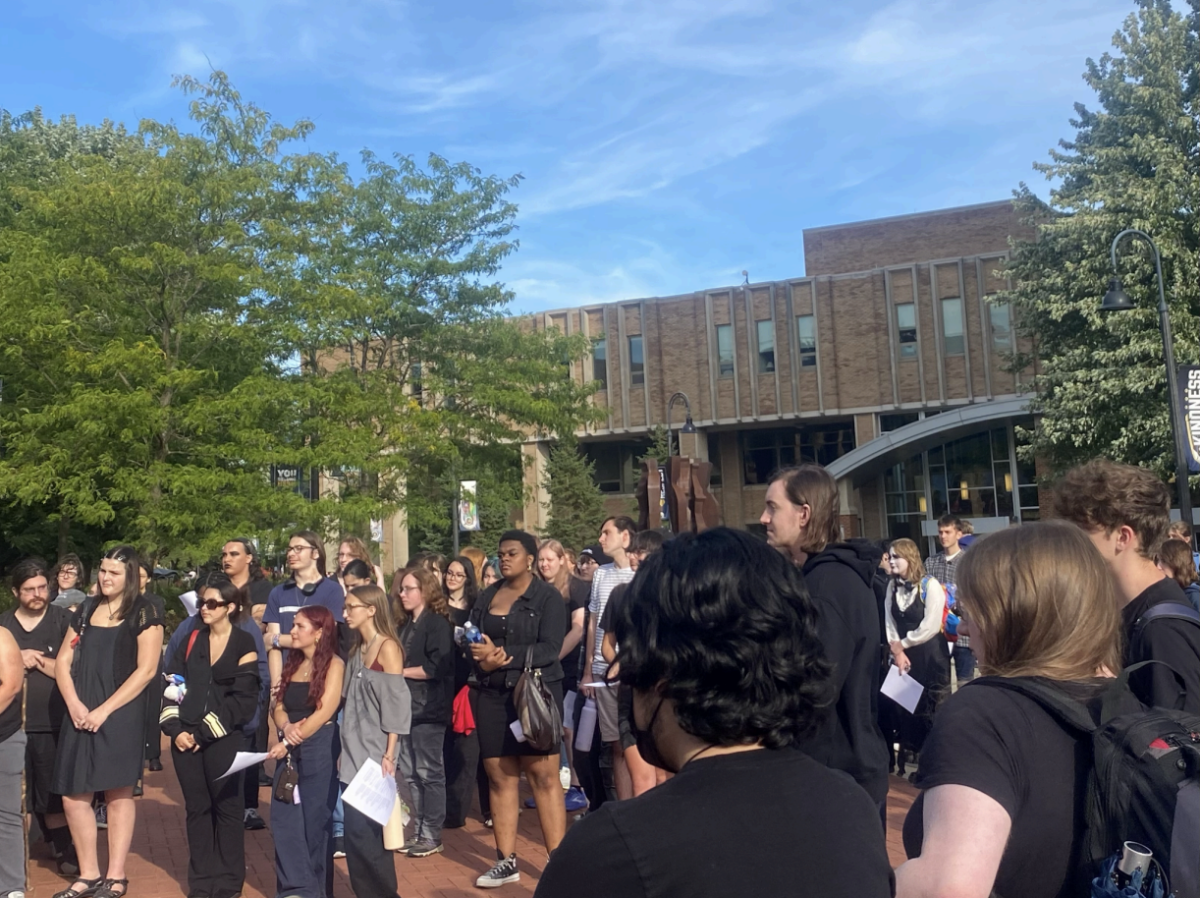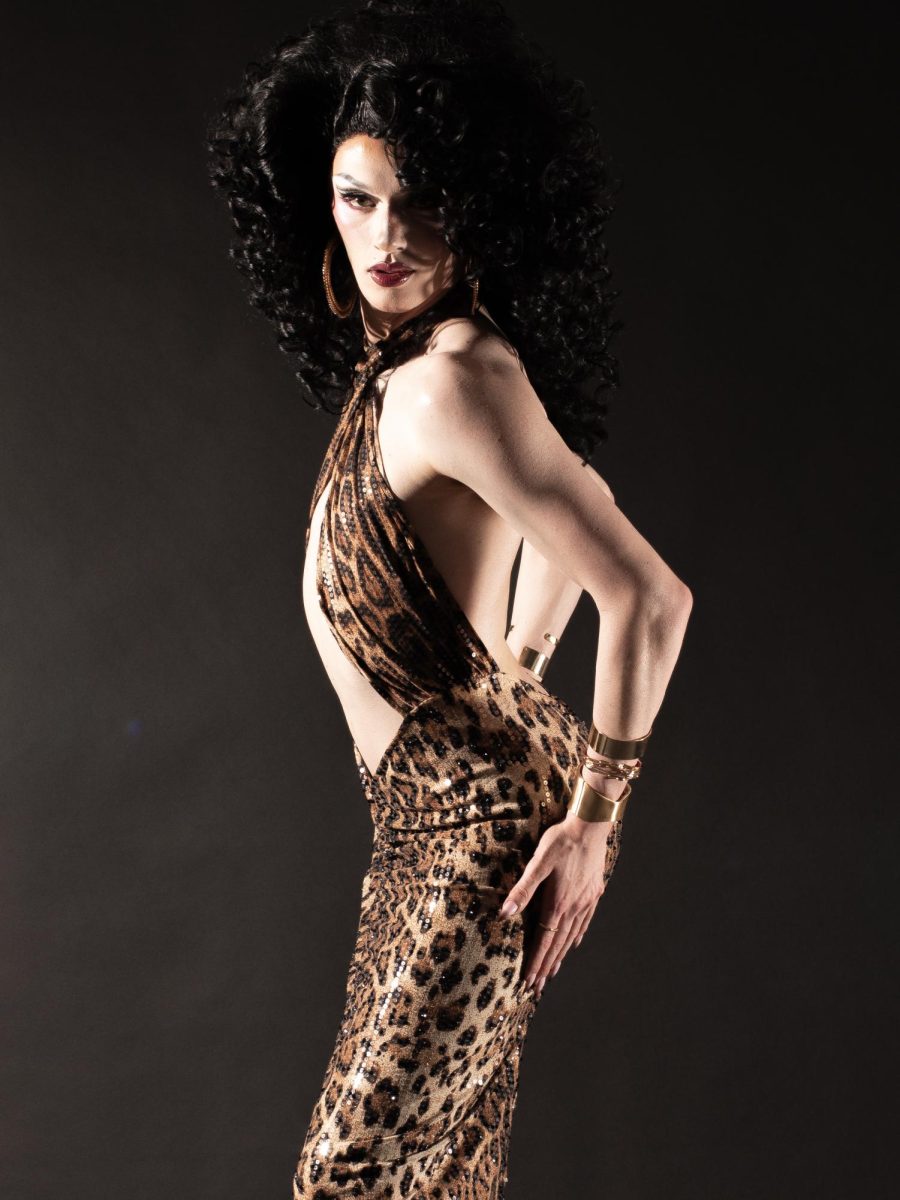At one point, Victoria’s Secret was the largest lingerie retailer in the world. Now, L Brands has sold a 55% stake in the company to a private equity firm and sales are on the decline. Despite being a customer favorite for years, Victoria’s Secret has failed to keep up with the messages of inclusion and body positivity that have emerged in the #MeToo era.
Founded in 1977, Victoria’s Secret was the leading lingerie brand in the industry for decades. Since the 90s, it has been a household name and a superpower in the fashion industry. Victoria’s Secret Angels became the ultimate symbol of sex and attractiveness, a vision of beauty that centered on thin, primarily white models.
This narrow-minded view of attractiveness was generally accepted in the early 2000s, but became a fundamental issue in the 2010s. With the rise of #MeToo and body positivity movements, women wanted Victoria’s Secret to change from their narrowly male views of sexuality. Activist groups called out the brand for the lack of diversity on its board of directors, for which nine of the eleven members were male. Worse yet, the company came under fire when Ed Razek, the former President and Chief Marketing Officer of L Brands, made transphobic comments in a 2018 Vogue Interview. His belief that the show shouldn’t include “transsexuals”because it was a “fantasy” sparked outrage amongst the LGBTQ+ community and allies.
After declining sales and public backlash, the brand took strides to appease consumers. Two more women were added to the board of directors and Razek resigned from his position. It was even confirmed that the Brazilian transgender model Valentina Sampaio signed a contract with Victoria’s Secret.
The brand’s most defining moment, however, was when it came to light that both the CEO and the company had ties to Jeffrey Epstein. In the #MeToo era, news of this negative company culture overwhelmed the media and proved a major setback, even amidst the brand’s efforts to diversify.
Despite advances, the main problem with the company is that they cannot seem to reverse the damage they have done. Consumers’ view of the brand has left Victoria’s Secret with a tarnished reputation. Other competitors, such as Aerie, have openly addressed their lack of inclusivity, immediately changing their approaches to reflect diversity. Others, like Rihanna’s Savage X Fenty, have preached body positivity from the beginning; the company was praised for its inclusive environment and use of trans, disabled, and plus-size models for its runway shows. With Savage X Fenty and Aerie as industry leaders, Victoria’s Secret also faces competition from startups like Adore Me, Knix, and Third Love. Unlike these brands who promote body positivity, Victoria’s Secret’s attempt to limit our definition of beauty has limited their customer base.
In the modern age, customers care about the values of lifestyle brands. Instead of falling victim to the body shaming culture, women are shunning traditional views of beauty in favor of self-love, and they want companies to join them. The future isn’t clear as to whether Victoria’s Secret will make a comeback, or if it is too late to reverse their former image. Regardless, the company is going to have to try their hardest to regain the customer base that they have lost in the last decade. The narrative of Victoria’s Secret simply doesn’t fit with the values that women have today.






